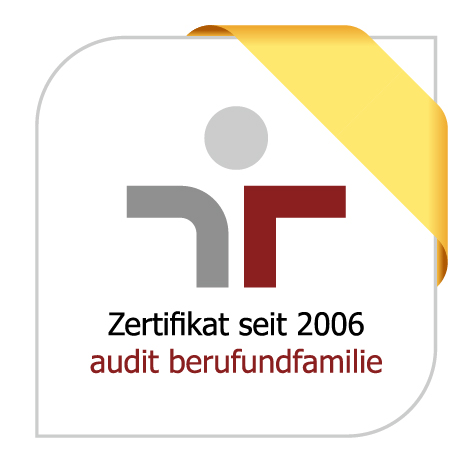

The Max Planck Institute for Legal History and Legal Theory in Frankfurt/Main is a world leader in fundamental research on law. Its three research departments with more than 70 scholars, the unrivalled collections of its specialized library, and its numerous national and international co-operations make it the central research hub for a global scientific community investigating the past, present and future of legal regimes.
We are looking to recruit from March 2025 onwards
one PhD student (m/f/div)
for the newly established research group
“The Hidden Heritage of the European Union: the Legacy of the Law of the League of Nations”
directed by Dr. Michel Erpelding.
The research group
Conventional accounts of European integration have often insisted on the novelty of the supranational law developed in that context, asserting its ‘sui generis’ character and highlighting its differences with earlier forms of international and regional integration. However, forms of supranational law and institutions already existed during the interwar period. This was the case within the League of Nations and its broader context, which included international(ized) institutions both in Europe and in (semi-)colonial settings. The research group explores the continuities and discontinuities between the law of these interwar institutions and the law developed within the context of European integration.
Job description
Your key responsibility is to develop and complete a doctoral dissertation within the confines of the research group’s central aim. Possible research themes, which, ideally, should cover both the interwar period and the early stages of European integration, include:
• the development of supranational adjudication and/or forms of supranational administration between 1920 and 1965;
• the individual trajectories and/or networks of lawyers associated with both international institutions of the interwar period and post-WWII European institutions;
• the protection and representation of labour by and within international institutions of the interwar period and post-WWII European institutions.
You are also expected to publish and disseminate your research findings in close co-operation with the other members of the research group, including by contributing data to an online repository.
Your profile
A university degree in law, humanities or social sciences that has been completed with above-average success is required. You have an excellent command of English, both spoken and written and are proficient in either German or French. Knowledge of other languages relevant to the project (e.g. Dutch, Italian, Polish…) is not a requirement but will be considered as an asset.Your curriculum vitae shows the potential to conduct research at an internationally high level. You work meticulously and are able to handle deadlines. You work independently and have a strong interest in interdisciplinary, archival and comparative work.
Our offer
We offer an attractive and international work environment with an unparalleled research infrastructure and a good working atmosphere. The payment is currently 3,000 € per month (gross), which equals approximately 2,065 € after taxes, depending on family circumstances, plus a special annual payment. The job is a full time position (currently 39 hours per week). While you will be based in Frankfurt/Main, there are generous opportunities for mobile working (at present, up to 40 per cent per month). The position is a fixed-term appointment for three years, with the possibility of renewal for a further year in exceptional circumstances. There is no obligation or expectation to teach, although we encourage you to take up limited teaching assignments if you wish to do so.You will have unlimited access to our world leading library and a multitude of databases. You will be provided with a work space and will receive extensive academic and administrative support. There are generous grants for research trips to archives and libraries, as well as for attending conferences. A variety of personal and career development opportunities is available, including funding for German language classes.The Max Planck Society is committed to increasing the number of individuals with disabilities in its workforce and therefore encourages applications from such individuals. Furthermore, the Max Planck Society seeks to increase the number of women in those areas where they are underrepresented and therefore explicitly encourages women to apply. The Max Planck Society strives for gender equality and diversity. We welcome applications from all backgrounds.
